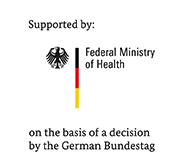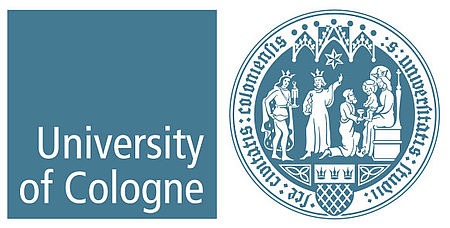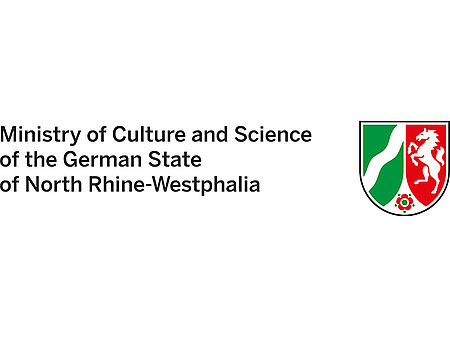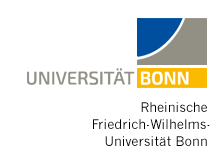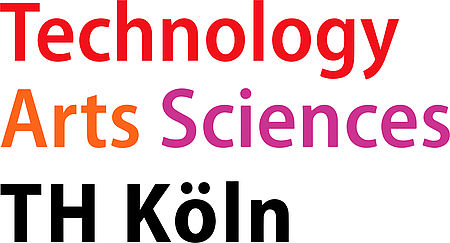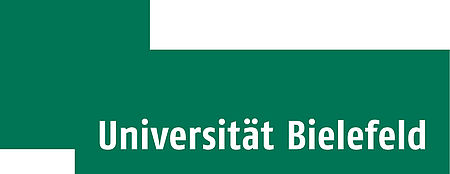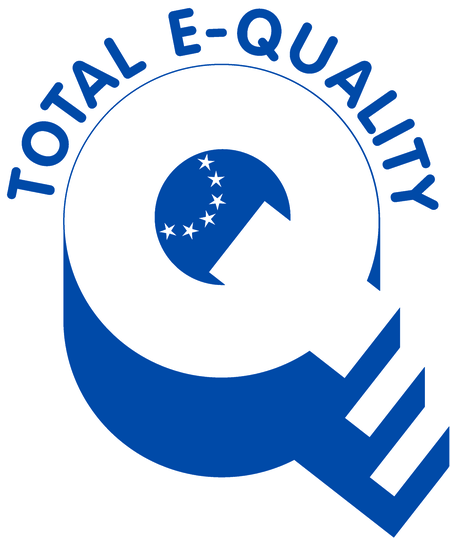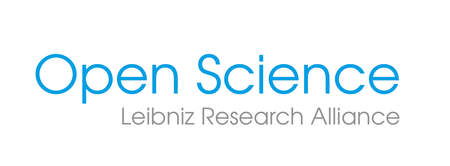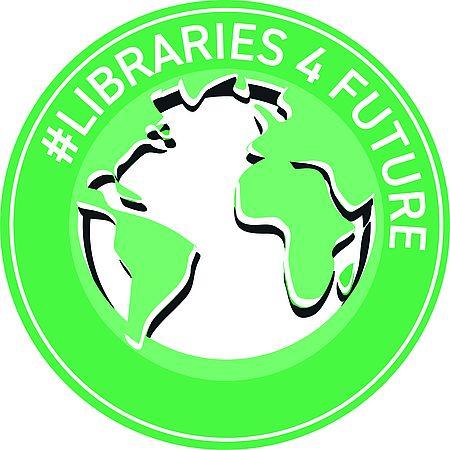(State 2022)
- Number of employees: 176
- Trainees: 3 employees for media and information services
- Scientific Management: Prof. Dr. Dieterich Rebholz-Schuhmann
- Finance and Commercial Director: Gabriele Herrmann-Krotz
- Founding year as an institution of the fedral state NRW: 1973
Legal form and financing
- Legal form: Founding of Public Law
- Financing: ZB MED is financed by the federal government and the federal states.
- Total budget: EUR 13.005 million EUR + 2.01 million EUR third-party funding and other income
Holdings ZB MED
- ZB MED has two sites: The subjects of medicine and health care is covered in Cologne, the subjects nutrition, environmental and agricultural sciences in Bonn.
- Stock: about 2.1 million volumes
- About 19.000 e-books
- Stock of magazines: 30.000 titles, of which 2.400 are subscripted print issues
- E-Journals: circa 4.900, of which 4.490 are licensed for remote access
- Open Access full texts: 5.752 Journal artices and 83.483 congress abstracts published on German Medical Science (GMS)
- Shelf meters: 30 km (accessible and not accessible, Cologne site)
History of ZB MED
ZB MED has its origins in two much older libraries in Bonn and Cologne which form a key part of Rhineland heritage.
Development of the medical library in Cologne
In 1908, the “Bibliothek der Akademie für praktische Medizin” (Library of the Academy of Practical Medicine) opened its doors in Cologne. Established as a hospital library, its goal was to assist doctors by coordinating the numerous collections of books and journals held by other hospital and institute libraries. From an initial stock of 75 journals and 5,000 books, the library gradually increased its holdings to more than 30,000 items by purchasing new items in its subject areas and through a number of donations, acquisitions and bequests. When the University and City Library of Cologne was founded in 1920, the hospital library was incorporated as “Department 3”. The library's extensive holdings survived the war virtually unscathed, and in 1948 the German Research Foundation (DFG in its German abbreviation) instructed the library to take charge of the special medical collection, granting it a nationwide remit that covered the entire Federal Republic of Germany.
Building up its stock
With the support of the DFG, the library intensified its efforts to collect foreign literature, particularly from the Anglo-American sphere. New items were acquired at a steady pace and, by 1963, the library boasted 1,100 journal titles and 250,000 volumes.
In 1964, the Science Council recommended that the "Medical Department of the University and City Library" should be expanded into the "Zentralbibliothek der Medizin" (National Library of Medicine). This was eventually established five years later, in 1969. Its mandate was to acquire the relevant literature as "comprehensively as possible" in its role as the "national specialist library of medicine". Ever since then, its collection policy has encompassed everything from anatomy and anthropology to urology and virology. German and English-language texts predominate in the book collections, while journals are acquired from all over the world – in all languages and from all countries. ZB MED's first charter came into effect on 3 July 1973. This is now considered to be the official founding date of ZB MED - Leibniz Information Centre for Life Sciences in its current form.
The year 1969 also saw the founding of the German Institute of Medical Documentation and Information (DIMDI) in Cologne, an institution that works closely with the ZB MED on issues regarding its collection policy.
In 1994, the library's name was changed to the “Deutsche Zentralbibliothek für Medizin” (“German National Library of Medicine”), and in 1999, ZB MED moved in to a dedicated building of its own on the site of the University Hospital of Cologne.
Expanding its fields of specialisation with a site in Bonn
In 2001, a second site in Bonn came under the wing of ZB MED. Since 1847, this had been the site of the smaller and older of ZB MED's two predecessor libraries, the “Höhere Landwirtschaftliche Lehranstalt Bonn-Poppelsdorf” (Bonn-Poppelsdorf institute of higher education for agriculture). Its name was changed to the “Königlich Landwirthschaftliche Akademie“ (Royal Agricultural Academy) in 1961 and it was subsequently granted the ability to confer doctorates as an Agricultural University in 1919.
As its name implies, the Bonn-based library focused on acquiring an extensive collection of works related to agricultural science, much as the Cologne site was exclusively engaged in acquiring medical literature. With the steady acquisition of new items through donations and bequests, the library's holdings grew from 273 books and 12 journal titles in the 1850s to more than 35,000 volumes in 1934.
In that same year, the Agricultural University was incorporated as the seventh department of Bonn University. Its main library – which unlike Bonn University library had escaped the war unscathed – became the agriculture department of the university library. By 1950 it was the largest specialist agricultural library in West Germany, and this led to the DFG assigning it nationwide responsibility for the special agriculture collection, granting it a similar role to the library in Cologne. Thanks to funding from the DFG, the library continued to increase its holdings and in 1962 it was renamed the “Zentralbibliothek der Landbauwissenschaft” (National Library of Agricultural Science).
In 1971, it became the German centre for the Agricultural Libraries Network (AGLINET) and launched plans for an urgently needed building of its own. It moved to its new home in 1983, but in 1997 the building was subjected to an arson attack and had to be extensively repaired. None of the 300,000 items in its stock at that time were lost in the fire.
In 1995, the library was renamed the “Deutsche Zentralbibliothek für Landbauwissenschaften” (German National Library of Agricultural Sciences), but in 1999 the Science Council recommended that it should no longer be run as an independent entity. As a result, the subject areas of nutrition and the environment were incorporated in ZB MED in 2001, followed by the subject area of agriculture in 2003. Since then ZB MED has operated at its two sites in Bonn and Cologne.
Origins of the ZB MED foundation
In January 2014, ZB MED was converted into a foundation under public law with the name “ZB MED – Informationszentrum Lebenswissenschaften” (”ZB MED – Information Centre for Life Sciences"). With stocks totalling more than 1.6 million volumes, ZB MED has the world’s biggest library holdings in its subject combinations. The Information Centre is a key component of German and European information infrastructure in the field of life sciences. It carries out applied research to help shape the fundamental changes in life sciences prompted by the digital era.




